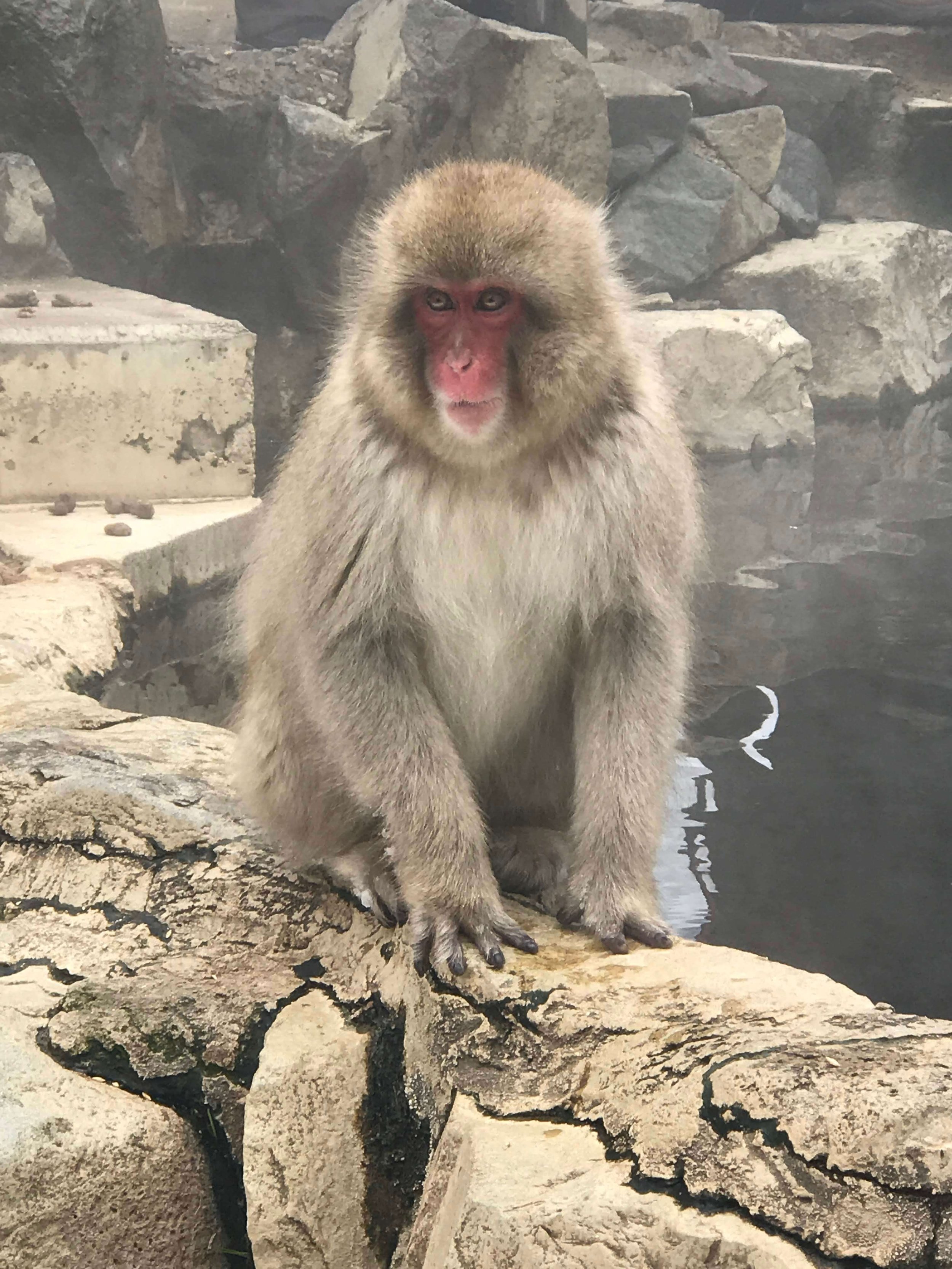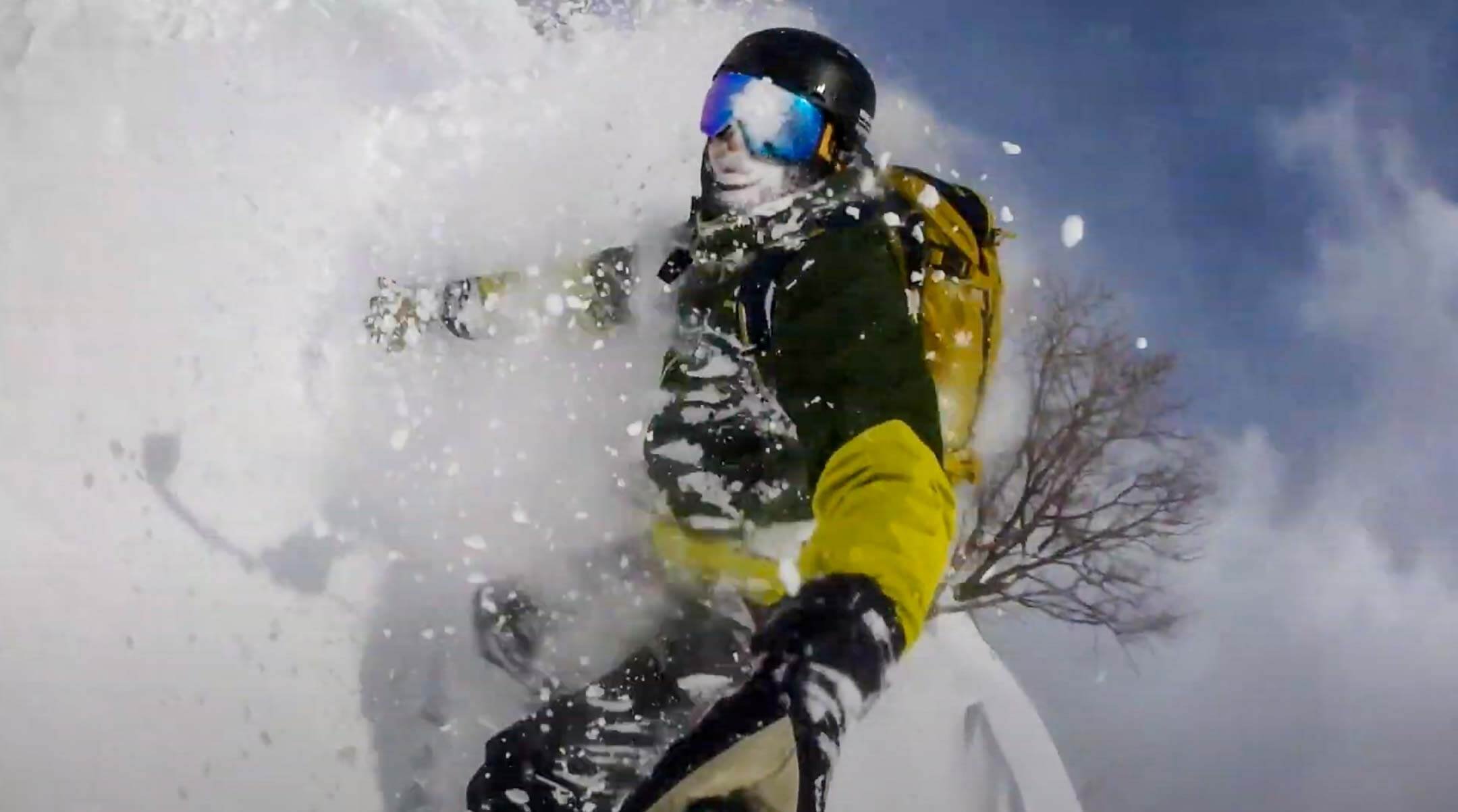Japanese Snow Monkeys Experience
Nestled in a serene ravine in the northern part of Nagano Prefecture lies Jigokudani Yaen Koen, the Snow Monkey Park, where a troop of Japanese macaque monkeys has been captivating visitors since 1964. This unique attraction allows you to observe these playful primates up close, especially during the winter months when they indulge in the comforting warmth of the natural hot springs.
GETTING TO THE JIGOKUDANI MONKEY PARK
Although the monkeys inhabit remote mountainous areas, reaching the Snow Monkey Park is feasible with the convenience of buses running from popular destinations like Nagano (40 minutes), Nozawa Onsen (30 minutes), Shiga Kogen (30 minutes), Yudanaka, and Shibu Onsen (10 minutes) to Kanbayashi Onsen. From there, embark on a picturesque 25 to 40-minute forest trail walk to the park, which remains accessible year-round.
My journey started in Hakuba where I took a bus 2 hours directly to the start of the walk to the snow monkey park. The bus journey cost 3900 YEN which is equivalent to around £27. The bus departed from the Happo Bus Terminal and tickets could be purchased inside the bus station.
WALKING TO THE SNOW MONKEY PARK
Regardless of your journey’s origin, you will be dropped at the Snow Monkey Park bus stop in the village of Kanbayashi Onsen. From the bus stop, you will walk uphill towards the start of the trail to the snow monkey park.
In total, the walk to Snow Monkey Park will take 30-40 minutes and cuts through beautiful woodland. Due to the popularity of the Jigokudani monkey park, this path is well trodden, although depending on your footwear you may wish to hire spikes (1350YEN) in winter at the bottom of the trail.
The trail from the car park is 1 mile in length and winds through the forest. The path is mostly flat although may be covered in snow. To access the park, the path leads to a steep staircase which is inaccessible to wheelchair users.
During the winter, the path will be covered in snow and ice. Heavy snowfall is a regular occurrence in this region of Japan so dressing appropriately should be a high priority. Temperatures can drop below -10°C and if required snow suits can be hired from the gift shop at the start of the trail.
Rental from the gift shop can not be booked in advance and are therefore subject to availability and demand. Renting boots will cost 800YEN whereas a warm winter jacket will cost 500YEN.
Japanese macaques, fondly known as snow monkeys, boast the northernmost range of any non-human primates in the world. The park is also called the Jigokudani Monkey Park or the Jigokudani Yaen Koen.
JAPANESE WILDERNESS
The Jigokudani Monkey Park is an escape from the usual hustle and bustle of Japanese cities. Situated along the Yokoyu River in the Shiga Kogen foothills, Jigokudani is a welcome change to the pace of life in Japan. The woodland and park are draped in snow throughout the winter and the rugged terrain and geothermal activity combine to make this a unique landscape. Here, amidst the lush forests and towering mountains, multiple troops of monkeys, totalling in the hundreds, call this enchanting place their home.
Established as a facility in 1964, Snow Monkey Park offers a unique opportunity to observe Japanese macaques in a natural environment without cages or fences. Beyond this, it serves as an educational platform, allowing visitors to learn about primate behaviour while contributing to keeping the monkeys away from neighbouring farmlands. The park staff provides daily meals to the monkeys, ensuring they frequent the area year-round.
JIGOKUDANI SNOW PARK ETIQUETTE
For the protection of the monkeys and their habitat, it is important to follow the park's rules during your visit. It is requested that you do not feed the monkeys. The more that visitors feed the monkeys this can lead to unwanted encounters or monkeys trying to steal food from visitors. You should keep your distance from the monkeys allowing them space and ensure you avoid eye contact. Eye contact to the monkeys can be seen as an act of aggression so should be avoided.
MONKEY BATH TIME
The highlight of Snow Monkey Park is witnessing the monkeys bathing in the soothing hot springs during winter. The best time to witness this captivating sight is between December and March. The macaques follow their own rhythms and bathe freely, moving between the different baths ensuring everyone can get a good view.
On my visit, I was blown away by the amount of monkeys present in the baths. A good rule of thumb for me was to move to an area where no monkeys were currently bathing. This meant you could find a prime position for when they eventually left the crowded pools and opted for a more secluded experience.
Observing the monkeys bathing, you could see clearly the hierarchy and family grooming processes that the Japanese Macaques abide by.
FINAL THOUGHTS
For me, this visit was a highlight of my trip to Japan. Despite being a two-hour bus ride away from Hakuba I would say the visit is very much worth it. Jigokudani Yaen Koen promises an unforgettable encounter with the snow monkeys, offering a glimpse into the beauty of their natural habitat. Witnessing these macaques soaking in the hot springs amidst picturesque surroundings is a truly awe-inspiring experience.











